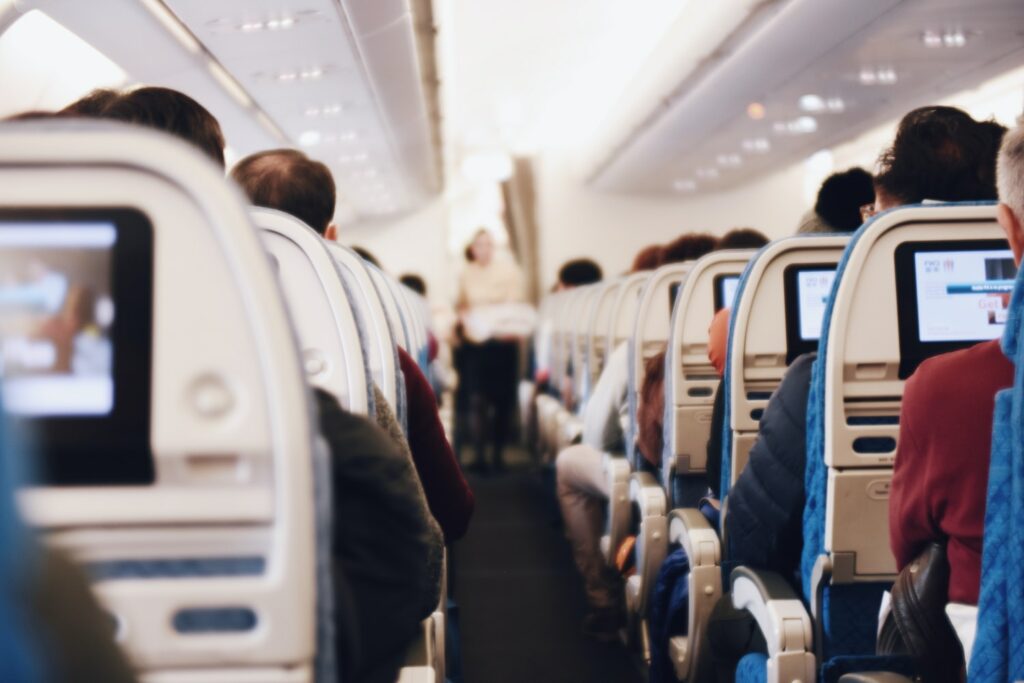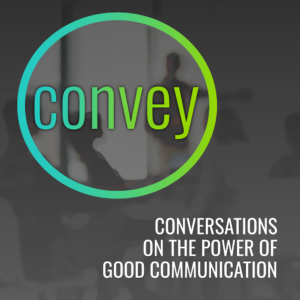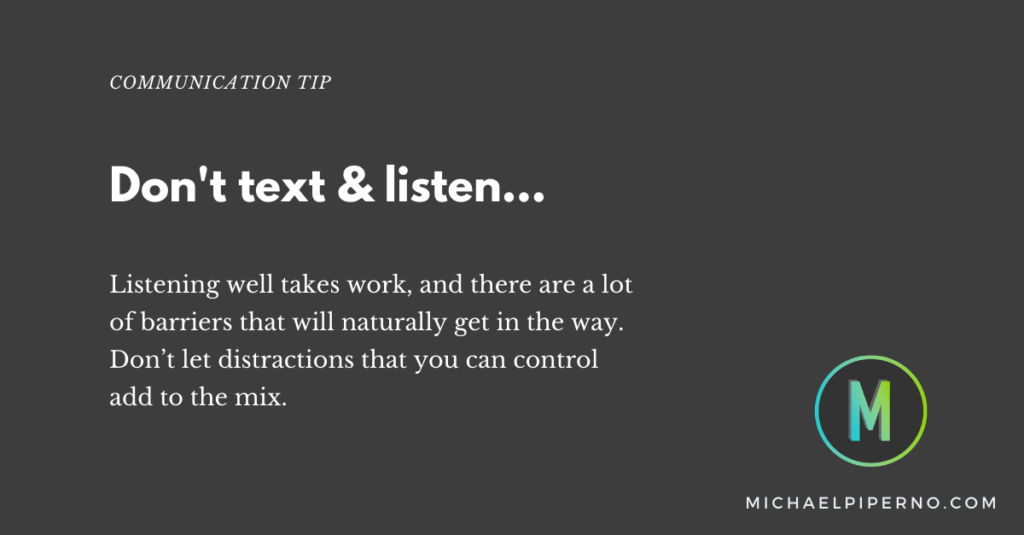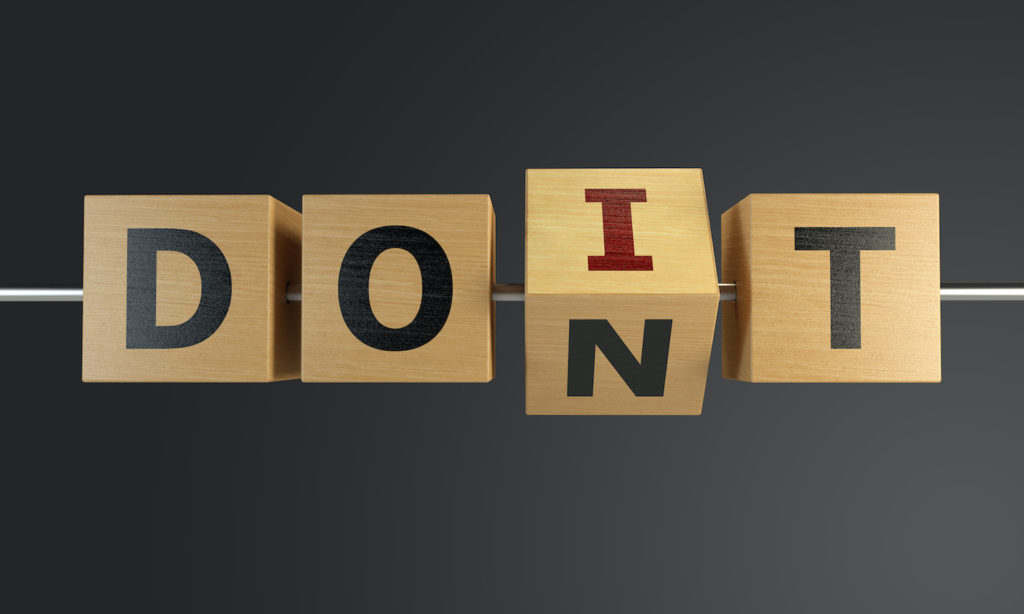(Re)Defining Conflict
When it comes to relationships, conflict is inevitable. It’s going to happen from time to time, and how we handle ourselves when it happens greatly affects how fast we resolve it (or push ourselves further into the abyss of uncomfortableness).
Learning how you experience conflict — and understanding that most people you interact with experience it differently — is critical. I teach those tools in several of my workshops, and the self- and -situational awareness they bring to teams makes it easier for everyone to help each other recognize and resolve conflict quickly.
Now, you may think the key word there is resolve. Sure, we all want to resolve conflict — how many people do you know who like feeling conflicted?
I argue that recognizing it is even more important. Because we often get it wrong.
When we mistake healthy debate, or what I’ll call healthy opposition, for conflict it causes us to avoid it. And avoiding healthy opposition is an innovation assassin. It kills creativity. It causes communication breakdowns.
Bottom line — teams that can’t challenge each other without it getting personal are doomed to a future of mediocrity and apathy.
You may be saying, “But life is personal.” Or, “I take my work personally, and when it’s challenged I can’t help but feel attacked.” I’m not saying that work isn’t personal — it is. But I challenge you to redefine conflict for your team, and make sure everyone understands the difference between it, and healthy opposition.
- Healthy opposition allows for debate, disagreement, and collaboration while maintaining positive regard. Leaders who create a culture of respectful and healthy opposition inspire teams to challenge each other to do better. Positive intent stays intact, and people respect each other’s contributions and opinions even if they don’t agree with them. Sure, sometimes it turns into conflict, but it doesn’t have to.
- Conflict happens when healthy opposition turns personal. People may see their value system as challenged, or they may simply feel attacked. There’s usually a triggering moment and recognizing it in yourself and others is a great way to stop it in its tracks. You have a much better chance of helping each other get back to feeling good if you can notice when things are getting personal. The problem is that some people are easier to read than others, and you may not know someone is conflicted. Assessment tools can help there, but so can listening, and a good dose of self- and situational awareness.
Imagine an environment where healthy opposition thrives, and conflict gets stopped dead in its tracks. It takes work, but it’s possible.
Start today by clearly defining the difference between conflict and healthy opposition at your organization.
Then walk the walk.
Help your people engage in healthy dialogue that may challenge each other or the status quo. Make it safe to do so. At the same time, help them recognize when opposition has turned into conflict so they can name it, and keep it from spiraling.
(Re)Defining Conflict Read More »





